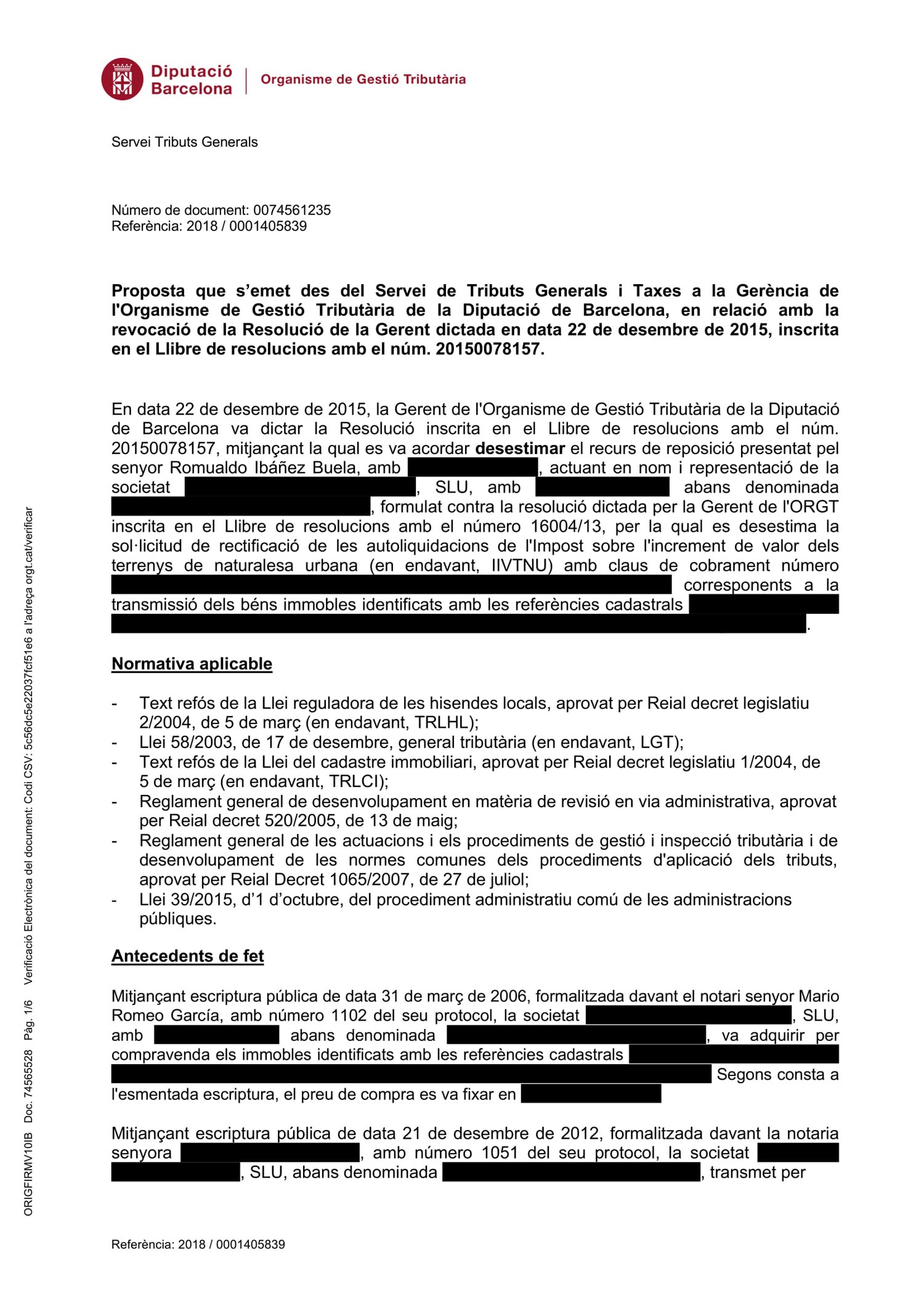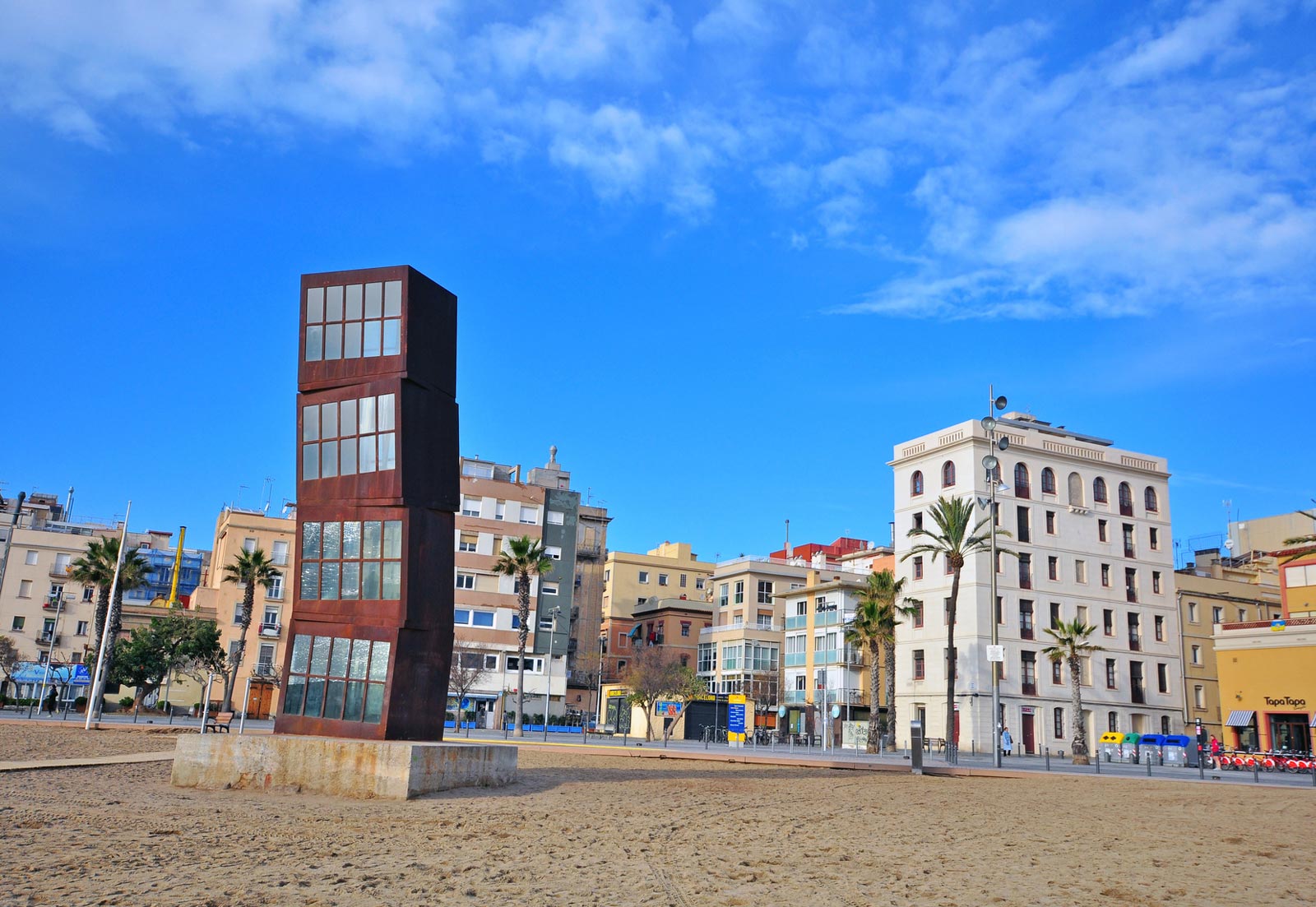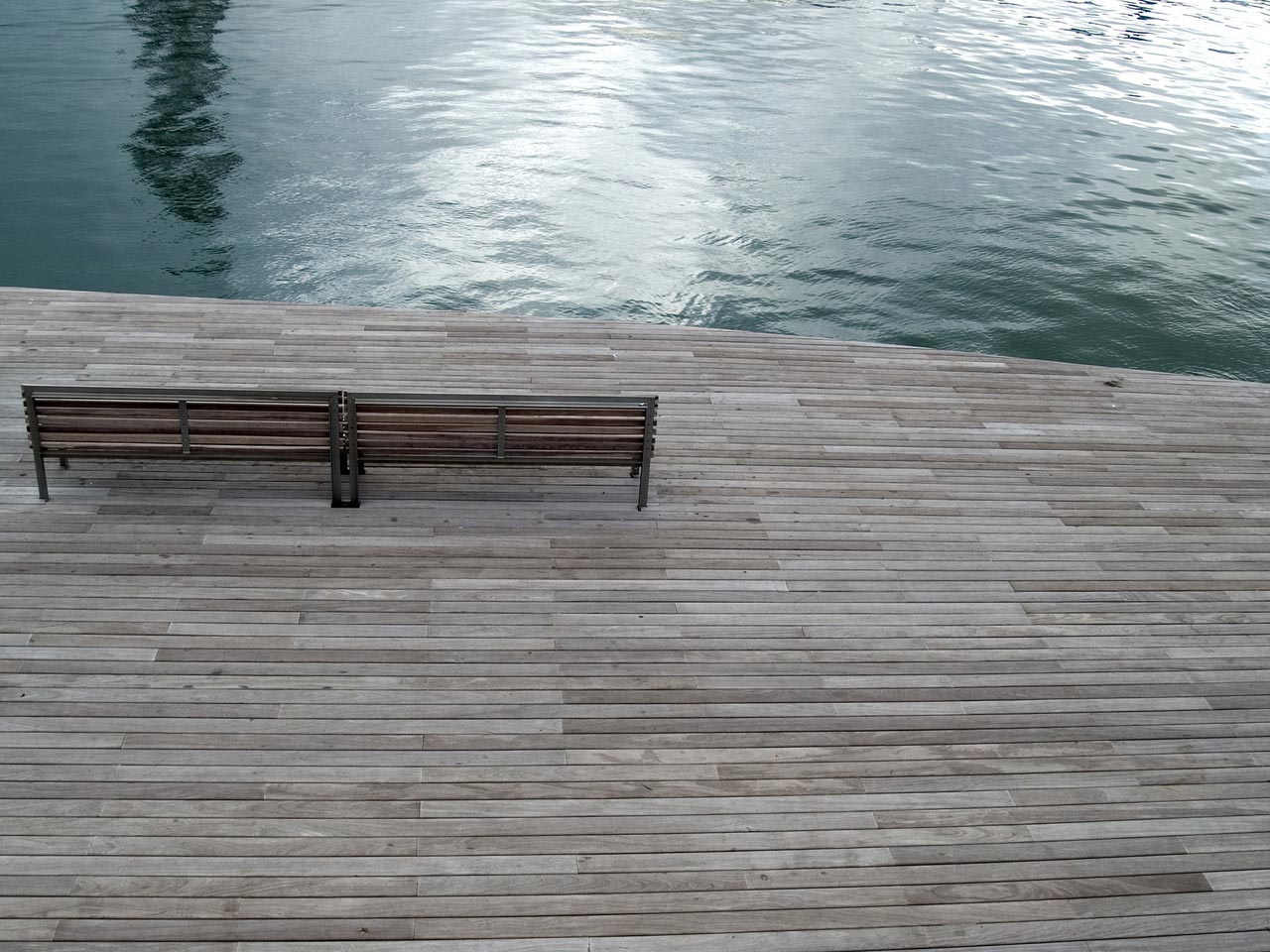Caveat Emptor – “Let the buyer beware”
In this article, we will describe the principle in contract law called caveat emptor which excludes the seller of property from the responsibility for damage on the property after closing the transaction unless it has been provided for in a warranty.
The macro figures in Spain indicate an incipient recovery in home sales in 2015. In certain tourist areas and in some areas of the largest cities the recovery is very noticeable. In that context, a very relevant change in the protection of consumer rights in off-plan purchases has been passed.
A Final Provision of the Law 20/2015 of July 14 of Solvency Regulation and Insurance institutions introduces a fundamental change in the Law of Construction Planning (Law 38/1999) of the entire system of consumer rights protection for off-plan payments and canceling the current Law 57/1968 on down payments in building and selling homes. The law 57/1968, despite being pre-constitutional, was praised for its simplicity and for the protection of consumers. That law implied also a very clear doctrine of the Supreme Court on this matter. However, this 2015 reform is going in precisely the opposite direction and against the consumer’s protection rights. We wonder whether it makes sense to change a reasonable legislation which contradicts the very clear interpretation of the Supreme Court and is against the consumers’ rights.
There have been some important changes in this aspect:
- The necessity of a bank guarantee or insurance for the down payments is no more a condition sine qua non. A contract off-plan without insurance or guarantee is perfectly valid now. It wasn’t before.
- The deadline for claiming the money back, if the apartment is not delivered is reduced from 15 years to just 2 years, which isn’t long enough to perform construction especially as it requires so many administrative steps to be taken.
- The obligation to take out insurance or guarantee (if it is agreed) arises only from the moment the building permit is granted. Many of the off-plan purchases are made in the pre-marketing phase before being licensed. These amounts will not be covered automatically by the insurance or guarantee.
- The direct enforceability of the guarantee or insurance policy disappears. Now, it will require prior recourse to ordinary courts and accredited formalities and deadlines in the prior claim to the developer.
- The amount covered by the guarantee is not objectively listed in the insurance policy but the consumers need to have evidence of what they have paid. The burden of proof is reversed.
This new regime does not come into force until January 1, 2016, and it is still unclear what will happen with the contracts signed between July 2015 and January 2016.
This change may require seeking legal advice even more necessary that it was before signing any property acquisition: caveat emptor.




